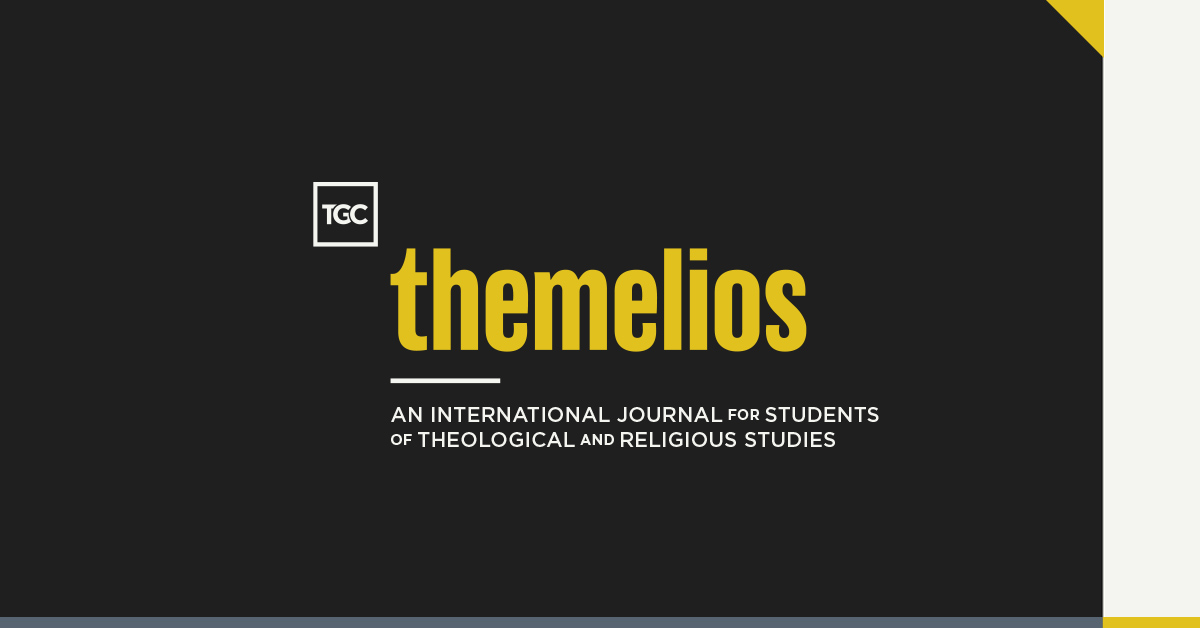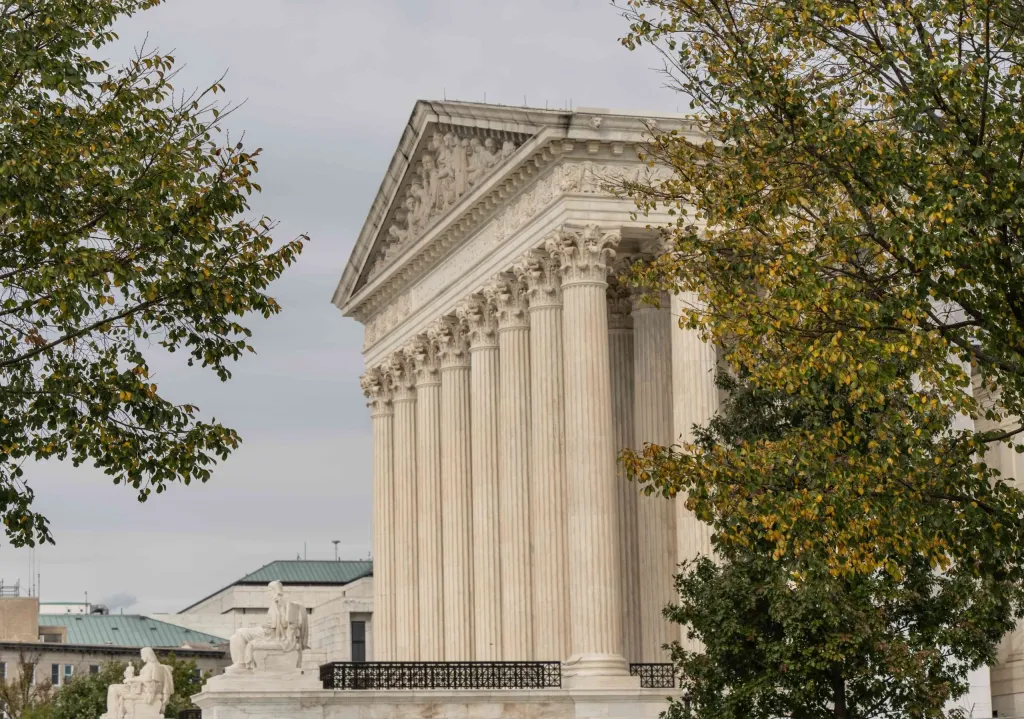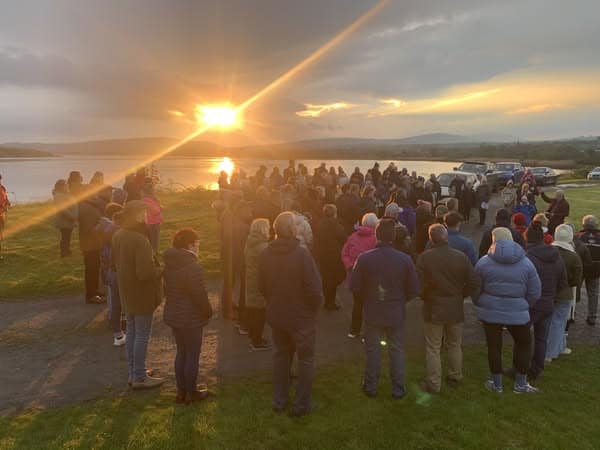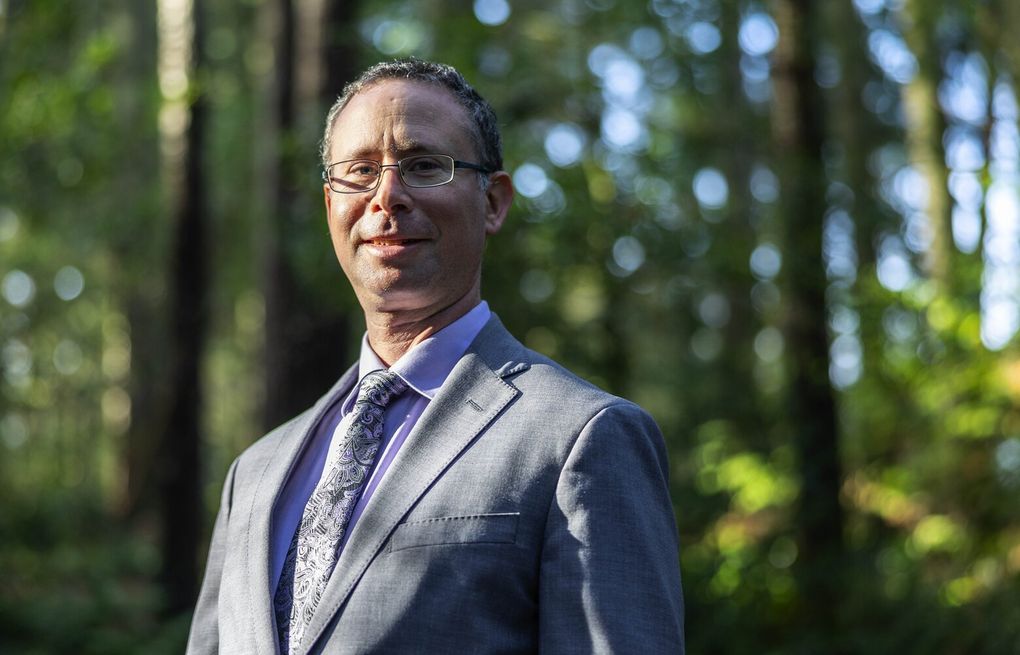Unmasking Silence: Survivors Create Landmark Database Exposing Cardinal Misconduct
Religion
2025-03-25 18:05:00Content

In a groundbreaking move to shed light on decades of institutional secrecy, a global network of Catholic clergy abuse survivors unveiled a comprehensive database tracking how high-ranking cardinals have managed sexual abuse cases. The initiative, launched on Tuesday, aims to create unprecedented transparency and pressure the Catholic Church to address its long-standing accountability challenges.
The meticulously compiled records promise to expose the systemic approaches of cardinals worldwide in responding to allegations of sexual misconduct within the church. By documenting and centralizing these critical records, survivors hope to push for meaningful reform and support other victims seeking justice.
This database represents a significant milestone in the ongoing efforts to hold church leadership accountable for their handling of sexual abuse allegations. Survivors and advocacy groups believe that by bringing these records into public view, they can create meaningful pressure for institutional change and prevent future instances of abuse.
The announcement signals a new era of transparency, challenging the Catholic Church's historical pattern of concealing sensitive information about clergy misconduct. Survivors are determined to transform this database into a powerful tool for accountability and healing.
Unveiling the Hidden Truth: Catholic Church's Clergy Abuse Records Exposed
In a groundbreaking revelation that promises to shake the foundations of institutional accountability, a dedicated network of survivors has embarked on a mission to bring transparency to the long-shrouded world of clergy sexual abuse. Their latest initiative represents a pivotal moment in the ongoing struggle to expose systemic misconduct and protect vulnerable individuals from institutional betrayal.Breaking the Silence: A Courageous Stand Against Institutional Secrecy
The Genesis of Accountability
The emergence of this comprehensive database marks a watershed moment in the ongoing battle against institutional cover-ups. Survivors have long been silenced, their experiences marginalized and dismissed by powerful ecclesiastical networks. This meticulously compiled collection of records represents more than just documentation; it is a testament to the resilience and unwavering determination of those who have suffered in silence. The database goes beyond mere statistical compilation, offering an unprecedented look into the intricate mechanisms of institutional protection that have historically shielded perpetrators from meaningful consequences. Each record tells a story of systemic failure, revealing the complex web of institutional protocols that prioritized organizational reputation over individual healing.Technological Empowerment and Survivor Advocacy
Modern technology has become a powerful tool in the hands of survivors, transforming their collective pain into a mechanism for systemic change. By leveraging digital platforms and comprehensive data collection methods, these advocates have created a resource that cannot be easily dismissed or ignored. The digital archive serves multiple critical functions. It provides a comprehensive historical record, offers support for future investigations, and creates a permanent documentation of institutional misconduct. Moreover, it empowers survivors by giving them a platform to share their experiences and challenge long-standing narratives of denial and minimization.Global Implications and Institutional Response
The release of these records sends shockwaves through global Catholic hierarchies, challenging long-established patterns of institutional secrecy. It represents a direct challenge to traditional power structures that have historically protected perpetrators and marginalized victims. International legal experts and human rights advocates are closely examining the database, recognizing its potential to trigger broader investigations and potentially reshape institutional accountability mechanisms. The comprehensive nature of the documentation suggests that this is not merely a localized issue but a systemic problem requiring comprehensive, global intervention.Psychological and Social Dimensions of Healing
Beyond the immediate legal and institutional implications, this database represents a profound psychological milestone for survivors. The act of documentation itself becomes a form of collective healing, transforming individual trauma into a powerful narrative of resilience and collective strength. Psychological research increasingly demonstrates the therapeutic potential of truth-telling and collective acknowledgment. By creating this comprehensive record, survivors are not just exposing institutional failures but actively participating in their own healing process, reclaiming narratives that were previously controlled by institutional powers.Future Trajectories and Ongoing Challenges
While this database represents a significant breakthrough, survivors and advocates recognize that it is but one step in a long journey toward comprehensive institutional reform. The work of accountability is ongoing, requiring sustained commitment, legal pressure, and societal awareness. The database serves as both a historical document and a forward-looking tool, providing a blueprint for future investigations and systemic reforms. It challenges institutions to move beyond performative apologies and implement meaningful structural changes that prioritize victim protection and institutional transparency.RELATED NEWS
Religion

Divine Disclosure: How Revelation Has Shaped Religious Understanding Through Centuries
2025-04-28 23:18:04
Religion

Faith, Education, and the Law: Supreme Court Poised to Break New Ground in Charter School Controversy
2025-05-01 20:17:18
Religion

Farewell to a Scholarly Giant: Martin Marty, Pioneering Voice of Religious History, Passes at 97
2025-03-02 17:23:04





